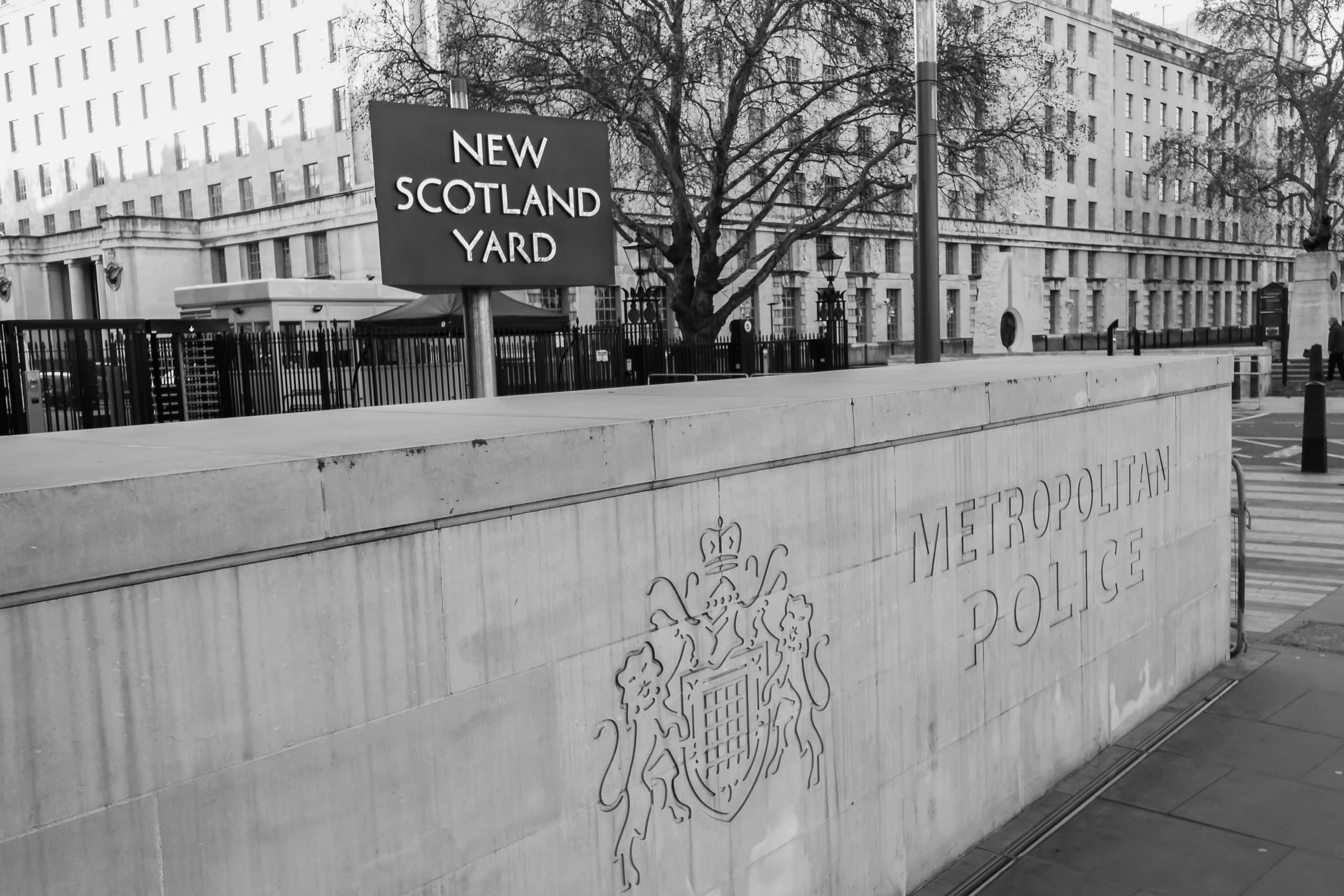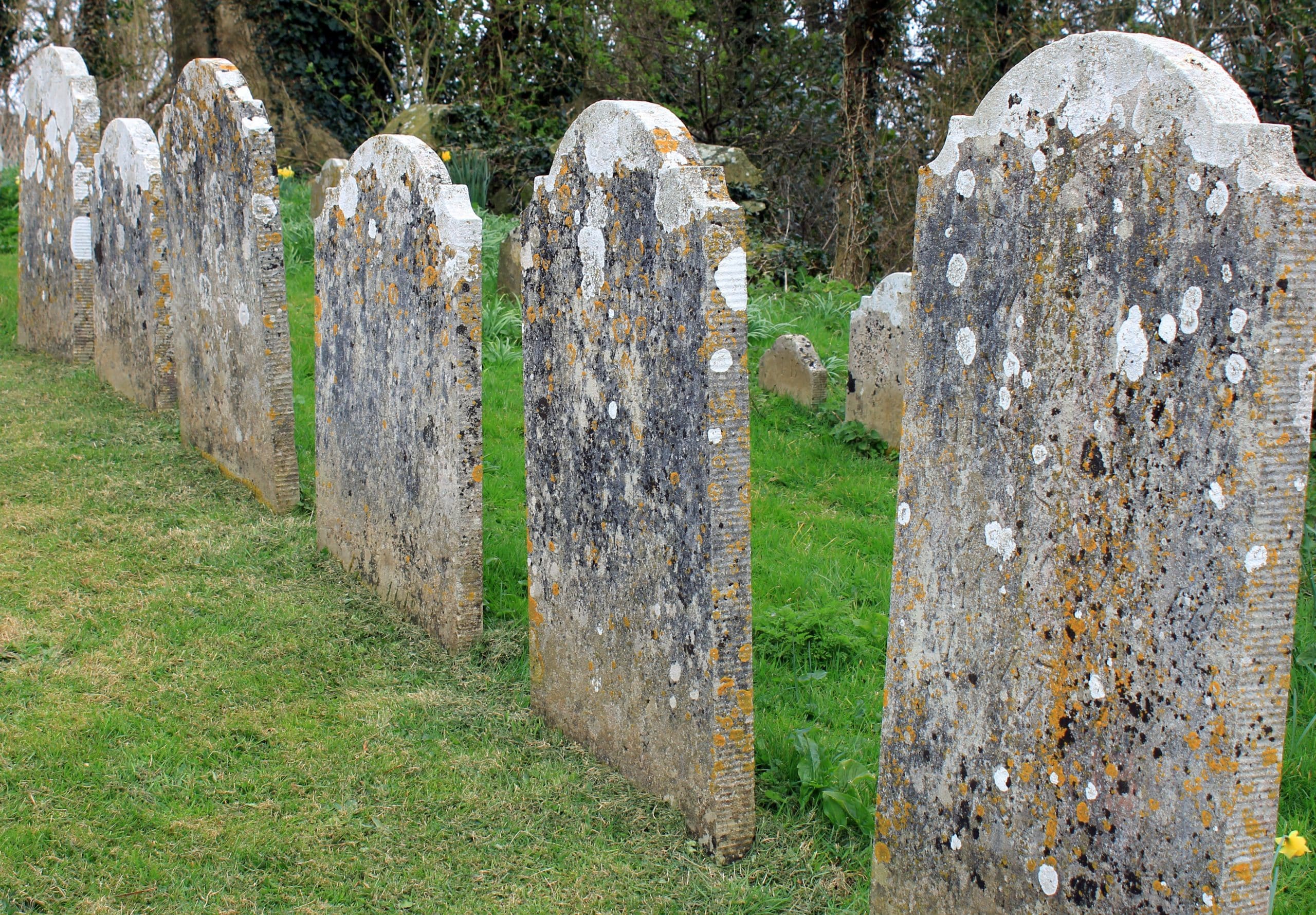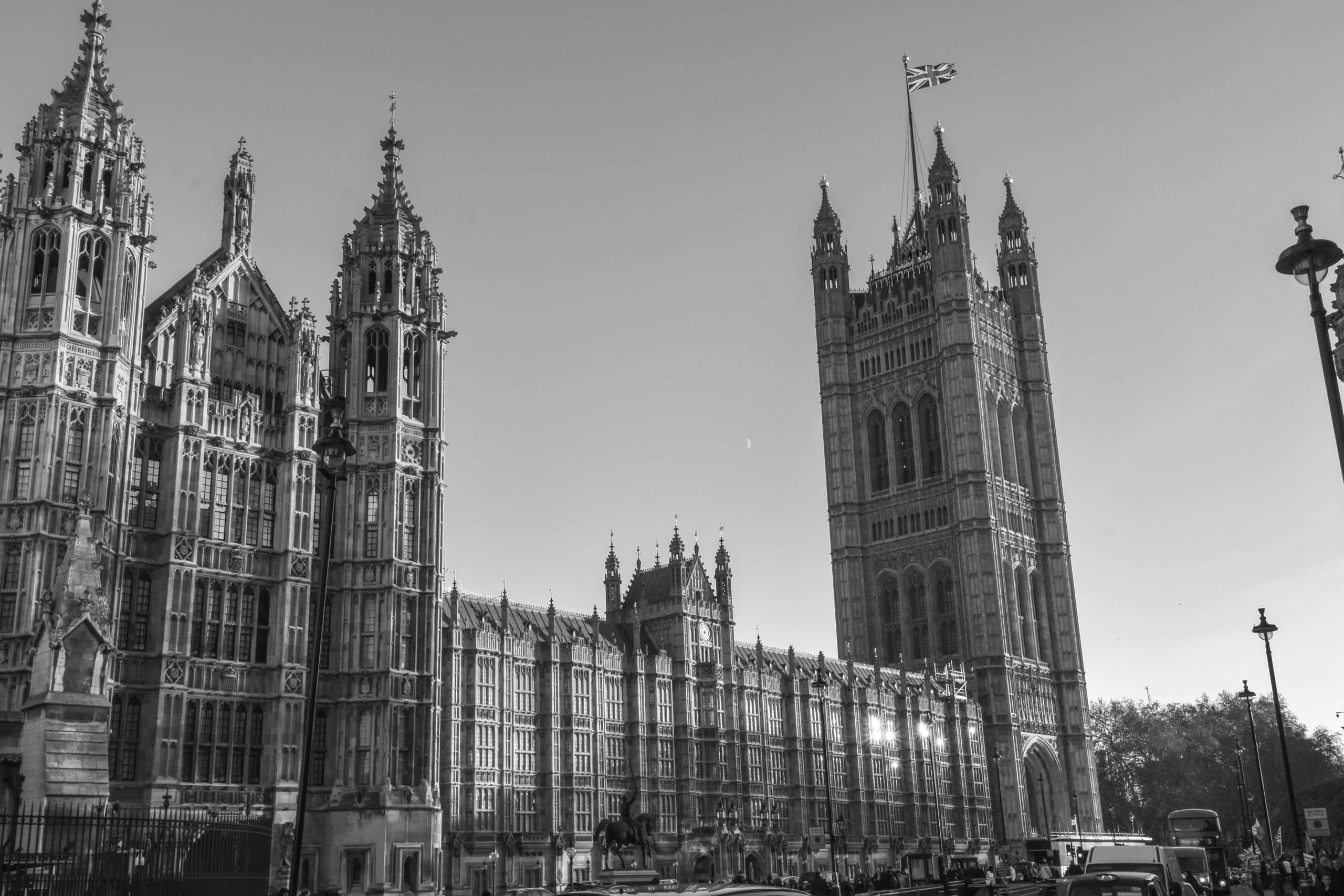New OPG Blog - Investigations
Head of investigations at the OPG,Ria Baxendale, has published a new blog on the OPG website setting out how they (the OPG) deal with investigations of Deputies and Attornies.
You can read more here: OPG Investigations
New OPG business plan
The Office of the Public Guardian have published their buisness plan for the year ahead, setting out their vision and targets for the next year.
Over the past year the OPG appeared to have hit the majority of their published service targets apart from the time it takes to review a Deputy's report.
The OPG has, again, stated it wishes to increase the uptake in LPA's pushing people toward the electronic version.
You can read the full report on the OPG website - OPG Business Plan 2019-20
Public Health Act Funerals "Not fit for purpose"
Originally published on Legal Fures - 10/06/19 - Though not necessarily under the remit of Deputyship, many teams will undertake PHA Funerals or have some involvement with them:
The legislation that gives local authorities the statutory powers to carry out funerals is not fit for purpose.
That’s what council officers told us at the second Finders International Public Health Act Funerals conference, which took place on 2nd May this year, and was attended by representatives of councils from all over England and Wales.
The legislation, which has been in place for more than thirty years, does not consider how attitudes have changed towards funerals in society and how we carry out funerals. Families are more fragmented and don’t necessarily feel obliged to make funeral arrangements for next of kin they may have had little or no contact with. Given recent rises in the amount of funerals undertaken by local authorities, it is only set to increase in the near future.
Minimum standards
Council officers at the conference felt that any reform should set out a minimum standard, although they could not agree on how this might be enforced. Some local authorities opt to cremate whilst others bury, but there is no standard practice. Should legislation make sure a deceased person’s wishes are adhered to (if they are known) and how would this be done?
As the Competition and Markets Authority is carrying out a review of the funeral industry in the wake of rising costs and is proposing a funerals regulator, perhaps the role of ensuring standards could be placed with them?
The majority thought that the word ‘paupers’ should not be used, with some officers reporting they found it to be offensive. Officers felt that the word does not show the deceased dignity and respect.
Little to no funding
Another point raised at the conference is that there is little or no funding within authorities for the provision of statutory funerals. Further discussions took place about a national funeral fund, with a radical suggestion that there should be a state grant paid from National Insurance contributions.
Certainly, everyone agreed that the Department of Work and Pensions (DWP) Social Fund is not fit for purpose, and a new way of state assistance needs to be found. The vast majority reported how difficult it is for people to claim and how little they receive to pay towards funerals from the DWP.
Staff have called for better awareness of their role by financial institutions. Once a person dies, GDPR does not apply to the deceased. Many officers reported their experiences where banks and other institutions make it extremely difficult for them to discover if the deceased left any assets.
Access to online accounts
They also said it was difficult to access the deceased’s emails and social media accounts, as sometimes emails and social media accounts can help officers trace families easily and quickly.
David Lockwood, Finders International Public Sector Development Manager and a former Public Health Act Funerals Officer, said: “It’s clear how dedicated council officers are in providing the best service possible despite the severe financial restrictions in place.
“These officers deserve the recognition for the service they provide to their communities and their continued dedication. We at Finders International do everything possible to support them with our free events and the advice we offer on our website, and we will continue to do so.”
Finders International has a funeral fund that can be used by public sector bodies to subsidise public health act funerals in cases that meet the criteria. Find out more about our service here.
Our sister site - www.publichealthfunerals.org - has news and information regarding statutory funerals
OPG Issue new Investment Guidance
The Office of the Public Guardian has issued new guidance on Investments.
The guide is for those managing LPA's and Deputyship orders.
It sets out what can and cannot be done, gives links to Financial planning and goes on to remid Attornies and Deputies of their duties.
You can read more on the website here:
https://www.gov.uk/guidance/investing-for-someone-as-their-attorney-or-deputy?
Frenkel Topping Deputy Day
Frenkel Topping held their annual Deputy Day in London on May 9th. The focus of the day was on Safeguarding. Delegates heard from Senior Judge Hilder at the event, as well as Paul Tregoning from the OPG, Ruth Hughes from 5 Stone Buildings and Mark Holt from Frenkel Topping. The day was expertly hosted by BBC Radio 4 Money box presenter, Paul Lewis.
In her speech Judge Hilder highlighted that it was noted that a local authority was applying to Court using standard/similar forms (COP 9), not notifying anyone of the application.
The Court carried out an audit in January and 6 out of 10 applications failed the test.
Judge Hilder reminded delegates that their duties under Rule 9.10 and Practice Direction 9B para 4: “The Applicant must seek to identify at least three persons who are likely to have an interest…”
https://www.judiciary.uk/wp-content/uploads/2014/05/pd-9b-notification-of-an-application.pdf
In such cases applications will be stayed and delayed. An interim order may be made requesting that the applicant identify and notify persons - This will, of course, delay proceedings and the issuing of a final order.
Office Holder:
In another matter that will be of interest to Local Authority Deputies, the Court is concerned with Orders made where there is an ‘Office Holder’ appointed. The case law highlighted was SH (2018) EWCOP - What happens where an Office Holder is appointed and they are replaced, who supervises the change?
http://www.courtofprotectionhub.uk/cases/sh-2018-ewcop-21
Judge Hilder reported that following the ruling on the case, the OPG have a duty to monitor and report any concerns back to the Court.
The Enfield vs Matrix Deputies case was, of course, highlighted. The process of calling in a bond was set out in the second ruling (Matrix 2) where the Court has to be satisfied that P has lost assets.
https://www.bailii.org/ew/cases/EWCOP/2018/22.html
Judge Hilder also reported that more decisions are due in respect of the 3rd Sector and other fee collecting companies.
Pilot Schemes:
Judge Hilder went on to speak about Pilot Schemes, currently there are none active in the Court. The new Court Rules committee is up and running, the first commitment is to put the committee on a statutory basis.
With respects to mediation, it is not likely that there will be a formal pilot, instead the Court will back a voluntary scheme. If this proves that it offers benefits then there may be a formal pilot, though the OPG have their own Mediation Pilot.
On the subject of urgent orders Judge Hilder passed on a plea from the Court’s authorised officers - File Evidence. Without the evidence attached they cannot make urgent decisions, so if you need a care bill paid urgently submit a copy of the bill.
With respects to the sale of properties the Court is looking for evidence of living arrangements and, if applicable, evidence that a Dols application has been made and the standard authorisation is in place.
OPG:
Paul Tregoning spoke on behalf of the OPG. Paul made it abundantly clear that the focus of the OPG is to make LPA’s more mainstream and part of life. The OPG are continuing the drive for more digital communication.
Whilst the Court have no plans for a mediation scheme, the OPG have plans for their own. As part of their investigations they find that there is no abuse but a dispute, normally sibling rivalry. Hence the reason that they have set up a pilot to try and stop matters getting to Court and preventing lengthy legal battles.
The OPG recently launched its safeguarding strategy, Paul said that their model is about protection first, investigation and resolution. The OPG that they will always help in safeguarding cases, signposting people to the right service.
In the very near future the OPG will become responsible for supervising the new “Guardians of Missing Persons” in England and Wales. This new legislation will appoint a Guardian when someone goes missing or just disappears. No one is currently able to manage their property and affairs; from July the legislation creates the new status. It will be purely for property and affairs matters and will operate like Deputyship. A new code of practice and forms are due to be introduced soon.
Finally, the Court are undertaking a campaign and pilot in the London Borough of Islington with local partners to encourage more people to make an LPA
https://powerofattorney.campaign.gov.uk/
Goodbye Dols - Hello LPS
After months of debate and amendments, the House of Lords and the Commons agreed a final version of the Mental Capacity (Amendment) Bill on the 24th April. Soon to receive Royal Assent the new model of Liberty Protection Safeguards will come into effect in spring 2020. The new model will sit alongside DoLs during an implementation stage expected to last for a year.
The Government is set to draft a new series of regulations and produce a new code of practice setting out how the LPS will work. The new code of practice will be subject of a consultation.
The Governments initial proposals for LPS, widely criticised by many charities and care organisations, have been amended but not enough to allay the fears of many groups. Chief Executive of the Voluntary Organisations Disability Group (VODG) said:
“People are currently being deprived of their liberty in health and social care services without the correct authorisations in place. That is plain wrong and should be resolved by funding the existing system to work properly until acceptable new measures can be introduced. Whilst government has driven through legislation to save money we remain committed to all efforts that uphold human rights safeguards.”
VODG fear that the legislation will “dilute existing human rights safeguards and give undue power and responsibility to organisations supporting older and disabled people”. They go on to add that the bill ” includes additional financial costs being passed onto independent and voluntary sector providers with no comparable diversion of funding away from local authorities”.
Since the initial proposals made by the government, their stance has softened somewhat. Local Authorities will now be given the option of carrying out assessments or allowing them to be carried out at the Care Home, another change made to the bill is that Care Home Managers cannot commission someone with a “prescribed connection” to the home. It is hoped that this will end any potential conflicts of interest. Approved Mental Capacity Professionals (AMCPs) will see their role increased in a response to those concerns around protection of the most vulnerable members of society.
Read more about the changes on Community Care
Deputyship Day returns to the South West
Finders International are delighted to be hosting another one of its popular Deputyship Development Days in the South West of England.
The event, held at the Mercure Bristol Grand Hotel on the 13th June is free to those working in both the Public and Private sectors undertaking Deputyships. Bristol is easily accessible by road and rail from both the South West of England and South Wales
Topics to be covered will be on Financial Safeguarding, Dementia and Deputyships, An update on DOLS and the latest investments news.
Lunch and all refreshments will be provided free of charge to all delegates.
David Lockwood, organiser and Finders Public Sector Development Manager said that “we are delighted to be returning to the South West and look forward to seeing delegates return to discuss the issues that affect them all."
Sign up to this free event by clicking on the link below.
https://eu.jotform.com/Finders/deputyship-development-day-s-w
Ombudsman finds thousands without legal protection
A decision by Staffordshire County Council to stop assessing a majority of Deprivation of Liberty Safeguards (DoLS) requests ha left thousands of people with no or delayed access to proper legal protections. Those are the findings of the Local Government and Social Care Ombudsman.
Staffordshire council had decided not to carry out assessments of low and medium priority DoLS applications received from care homes following the implementation of a system that created its own guidance for ranking requests.
According to the ombudsman, around 3,000 people had no or delayed access to the proper legal process that was designed to check whether a decision to deprive a person of their liberty is lawful.
“It is possible that some of the people stuck in the backlog for years should never have been deprived of their liberty,” the Ombudsman said.
A council responded and defended the system, stressing that “no-one’s life or health” was put at risk. The new system was implemented in response to budgetary constraints.
In May 2016 Staffordshire council took the decision to stop carrying out assessments for DoLS requests that it classed as low or medium priority.
The decision was made in response to a “lack of financial resources” caused by a huge rise in the number of requests it had received from care homes following the Cheshire West ruling.
The council’s system was based on guidance published by ADASS (the Association of Directors of Adult Social Services), which aims to help local authorities identify high priority cases that need an urgent response.
Staffordshire adapted the guidance and altered the criteria, meaning fewer requests were categorised as high priority, meaning fewer cases met the required ‘high’ threshold for assessment.
The Ombudsman found that records demonstrated, since July 2017, Staffordshire had met or done better than the 21-day timescale for assessing standard requests which it had classed as high priority.
However, the Ombudsman found that the council had classed most requests as low or medium priority and these were not assessed.
The Ombudsman concluded that the council was at fault because it stopped assessing a majority of DoLS requests in response to financial pressures. It's findings stated that the council had failed to comply with the legislation and guidance, the Mental Capacity Act (MCA) 2005 and DoLS code of practice.
Michael King, Local Government and Social Care Ombudsman, said:
“We issued a focus report in 2017 highlighting the problems we were seeing in this area, and although we believe Staffordshire’s response is at the extreme end of the way councils are dealing with DoLS issues, I would urge others to look at how they are carrying out assessments to ensure they comply with relevant law and guidance.
“Resource constraints can never be a legitimate reason for not carrying out the assessments required by law or statutory guidance. While councils may decide how to prioritise cases, it is not acceptable that the only way low and medium priority applications are resolved is because the people involved move away or die.
Even though it was acknowledged that the government is amending the MCA to overhaul the DoLS system, with a new set of safeguards, dubbed the Liberty Protection Safeguards, the Ombudsman reminded Staffordshire that the current law was still in place and said financial difficulties were no excuse for unlawful practice.
Staffordshire council have been asked to produce an action plan for how it would deal with all incoming DoLS requests and the backlog of unassessed DoLS requests.
Meanwhile the amendments to the Mental Capacity Bill are still progressing through Parliament with suggested changes made by the Lords as the bill passes back to the Commons. Given the current National situation there is no date yet for an implementation of the new Liberty Protection Safeguards.
Council Tax - Should your clients be paying?
Clients under Deputyship or LPA's who are still receiving care whilst living in their own homes may be entitled to discounted Council Tax payments under a Severe Mental Incapacity discount.
Martin Lewis, of MoneySavingsExpert.com has been raising awareness of this issue since 2016 and has had some success in Wales, where the Welsh Assembley has introduced a dedicated website for people to make applications. All 22 Welsh authorities have agreed to implement this change.
To qualify for the discount, someone must be medically certified as having an SMI - a severe mental impairment - (one that severely and permanently affects their intellectual and social functioning). These could be, for example, dementia (including Alzheimer's) or severe learning difficulties. Many other conditions may apply and can be 'disregarded for council tax purposes' in England, Scotland and Wales. You will need to provide prooof of this from a Doctor, you will also need to provide proof of receipt of a disibility benefit such as PIP or Attendance Allowance.
These disregards can lead to a 25% discount for those who live with somebody else or a 100%/full discount for those who have an SMI and live on their own, a significant saving over the year for the individual. You may also be able to apply for a refund of monies paid if you can prove that the client had an SMI prior to the initial claim, their is no need to explain why you haven't previously requested an exemption. Again prooof will need to be provided to back up any claim made for a refund.
For more details on Council Tax reductions for Disable People visit the Governments website for full information.
Manchester Development Day Presentations
Presentations from the recent Manchester Development Day held at The Studios, Manchester are now available to download under the resources section.
These resources are only available to members of the site.









